Years of breeding horses and working in Australia's racing industry have afforded me unique insights. Over 30 years my experiences have stretched from spending time with industry leaders to working as a stable hand, strapper and float driver. Always there was dirty gossip!
What I saw during these experiences has been distressing and often times disgusting. Contrary to the glamorous image of the "Sport Of Kings", horses are often mistreated and the industry is rife with corruption. In this post I intend to share my perspective and some of the sad truths I learnt.
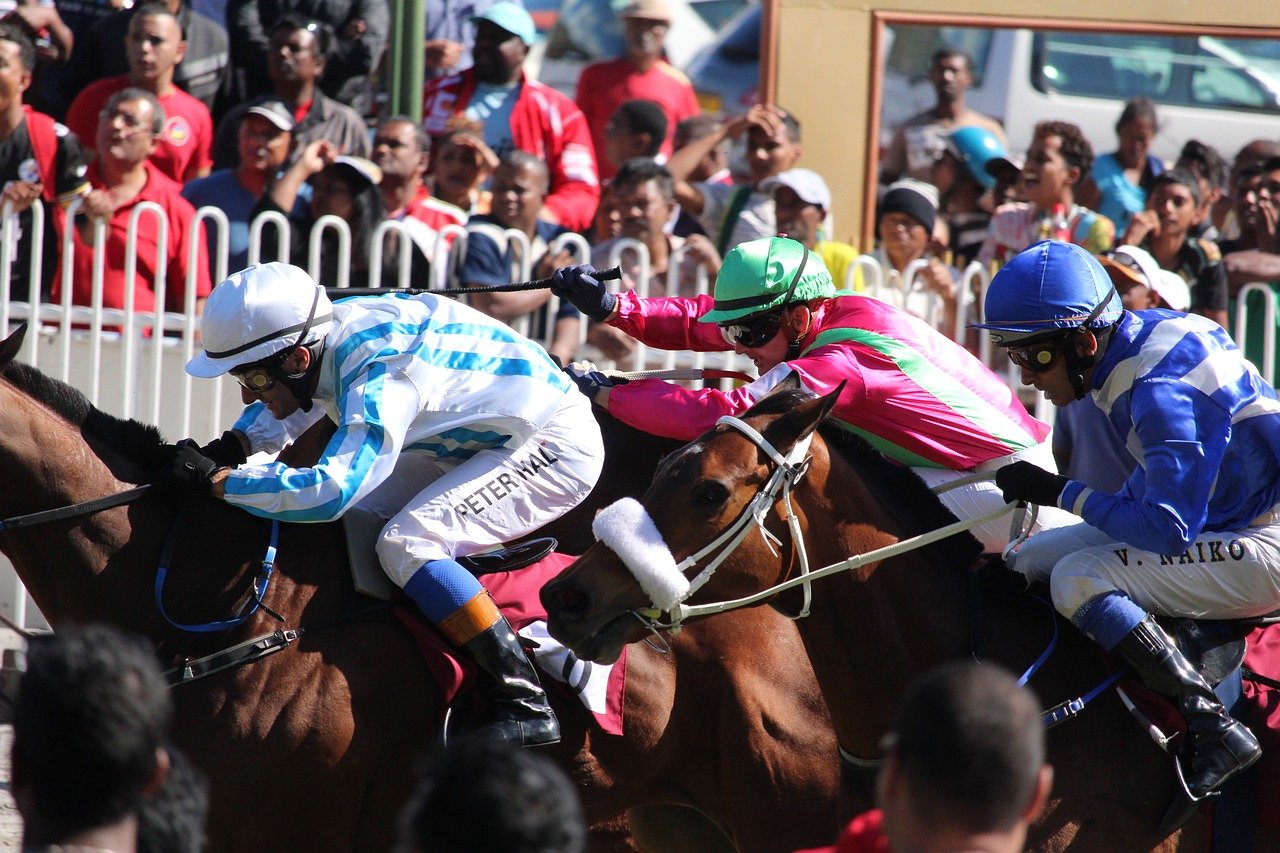
The Horse
Horses are spectacular, noble animals and our relationship with them is over 5000 years old. They were bred for war as well as work and from the beginning played an important role in human affairs. We have raced horses since the earliest times and thoroughbred racing began in the 17th century.
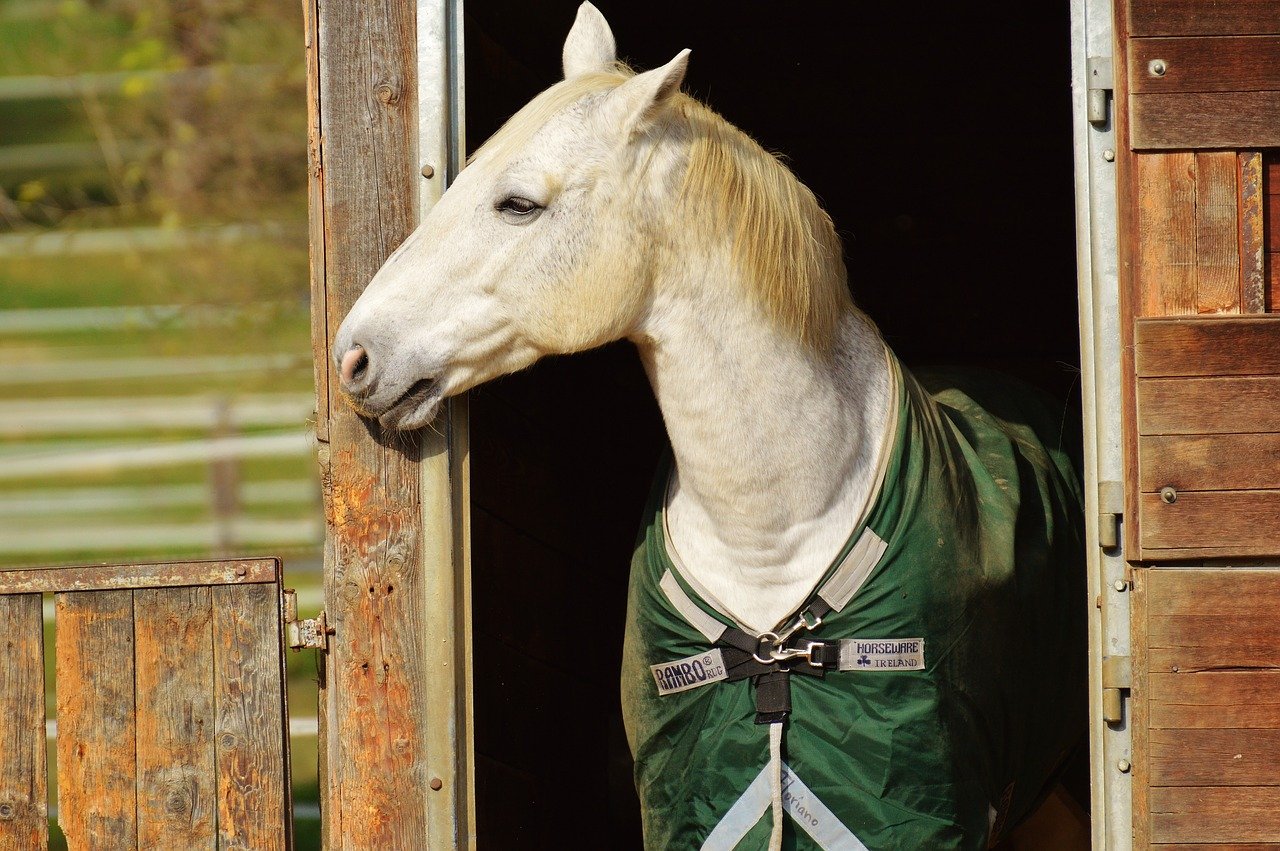
The Industry
Australia's Thoroughbred racing industry represents a significant portion of the economy and provides employment for almost 1% of the population. There are over 30,000 horses in training with 300,000 people sharing some form of ownership in them. Over 3,600 registered trainers and 1,000 jockeys contribute to hundreds of race meetings annually.
Total prize money for Australian racing is over AUD $427 million but this figure is dwarfed by the gambling which is estimated to exceed AUD $20 billion per annum! This huge sum of money is what corrupts the industry and leads to cheating and animal cruelty.
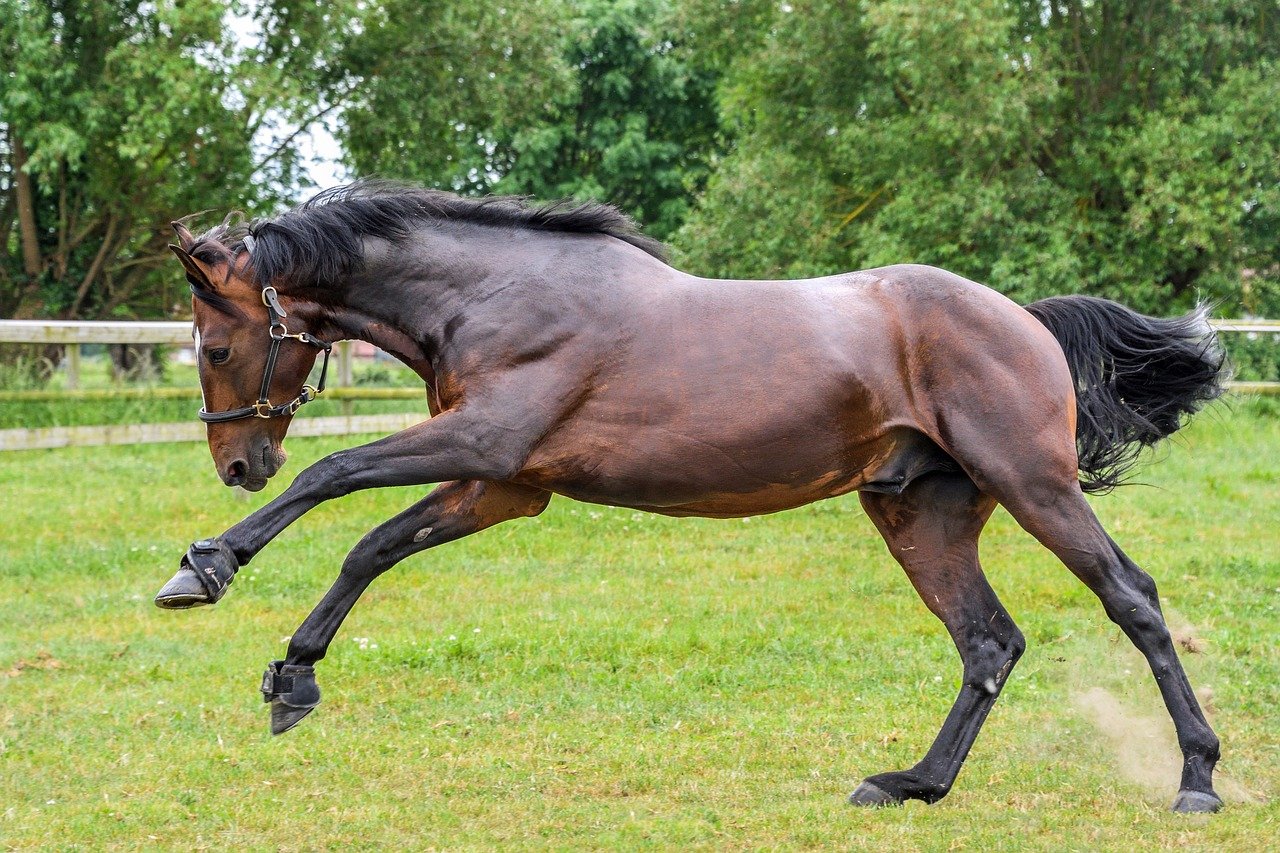
Corruption In The Industry
Australia's racing industry is notoriously corrupt and there are many contributing factors which facilitate this corruption. The volume of money involved has corrupted the clubs, the participants and drawn involvement from gangsters. Below I have listed a few of the ways that corruption impacts the industry.
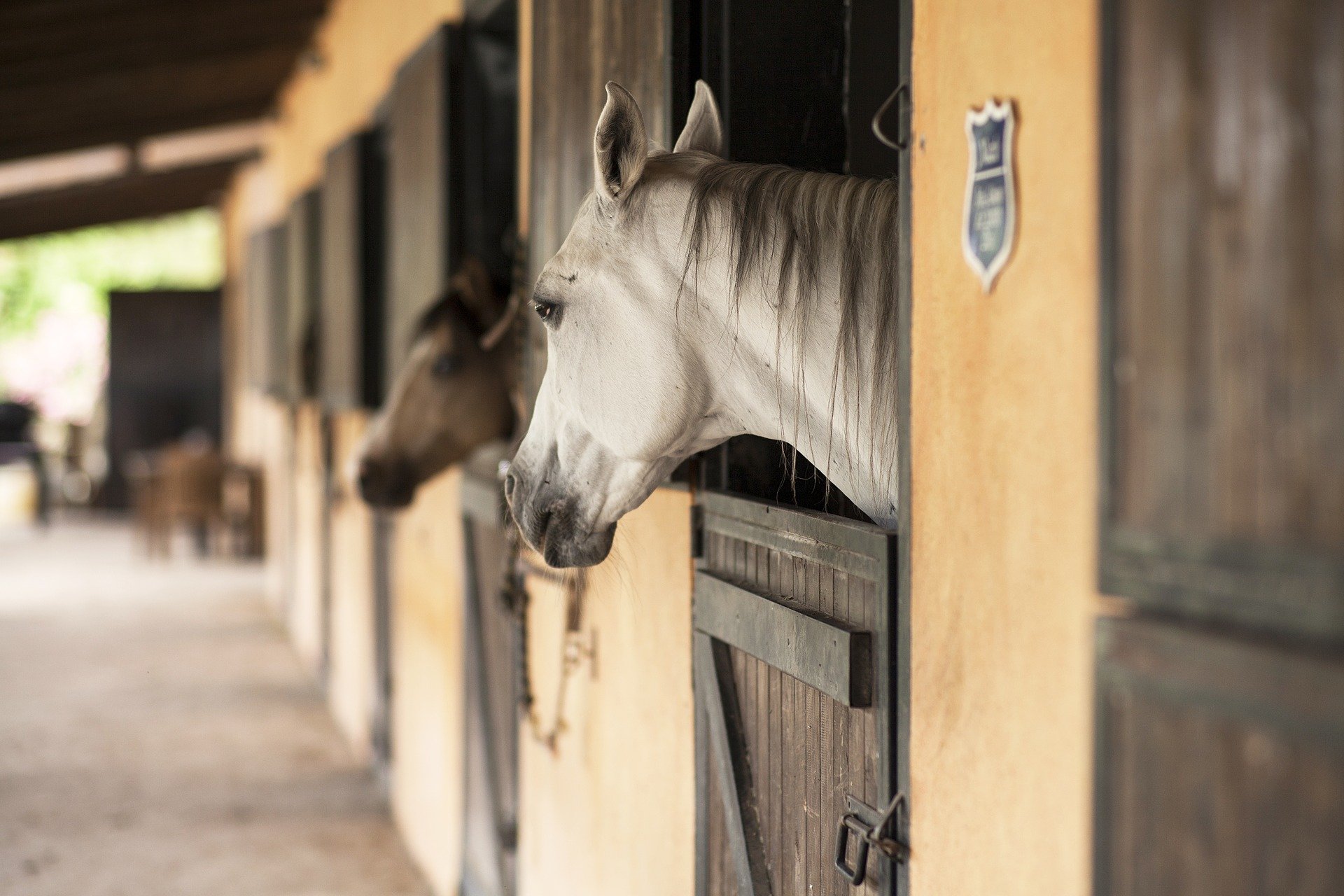
Jockeys Fixing Races - not me! ;-)
Jockeys have historically been involved in a lot of racing's corruption. Many examples exist of jockeys caught for fixing races together. The opportunity to make gambling profits from race fixing is massive and the lure is too strong.
I have personally known many jockeys who have been fined and suspended for breaking the rules. I also know that the volume of race fixing and corrupt gambling within the jockey community is much larger than is publicly known.
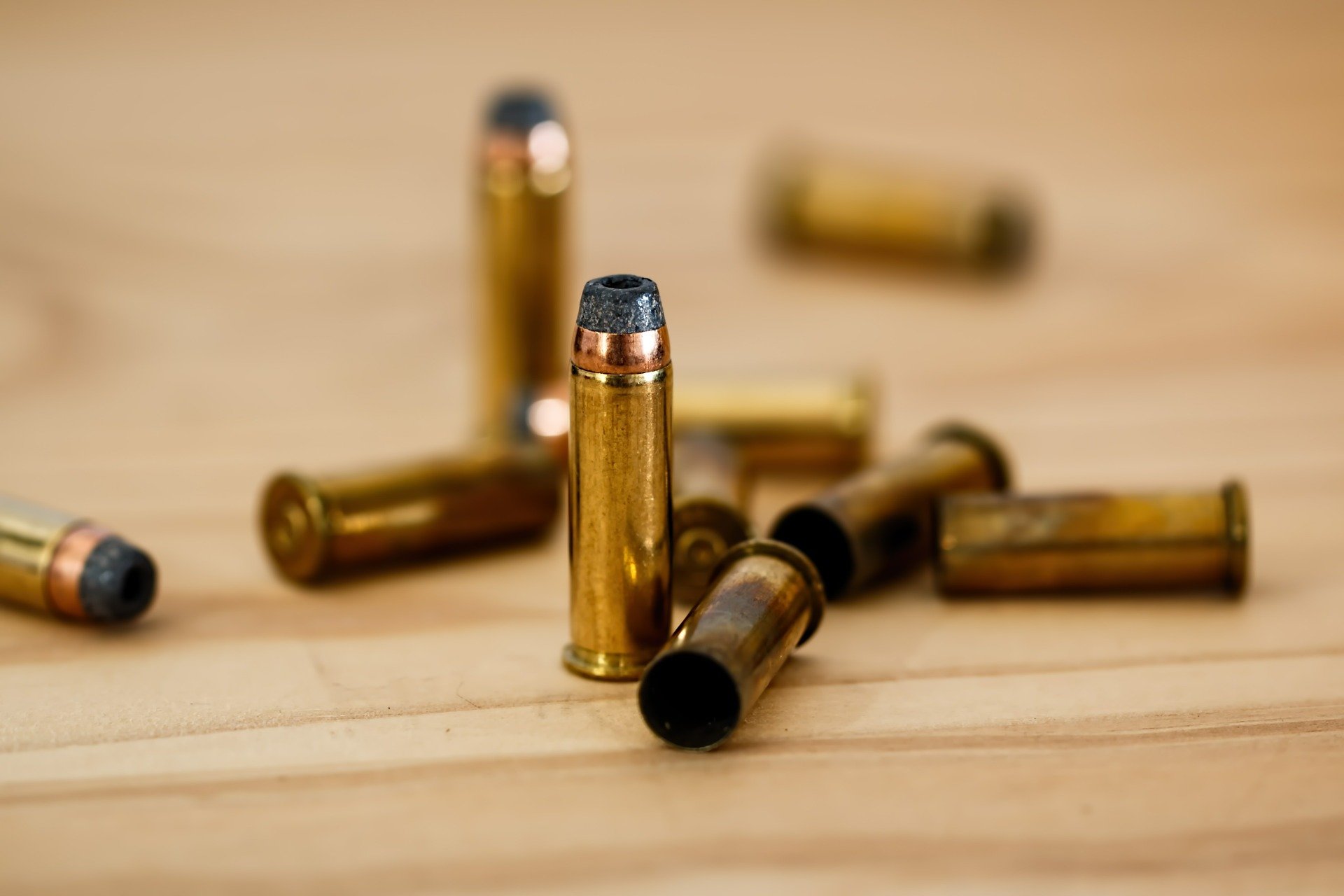
Criminals Riding Horses
Gangsters have been involved with racing since the earliest days. If you would like - I will write a post on the historical record of crime in racing!
The financial returns from fixing races and corrupt gambling have always been attractive to the criminal element. Stories of murder, violence, race-fixing, money laundering, tax fraud and tipping abound. With so much money involved criminals are being drawn into Australian racing from all over the world.
Such heavy criminal involvement means the task of cleaning up the industry often seems beyond the capabilities of the governing bodies.
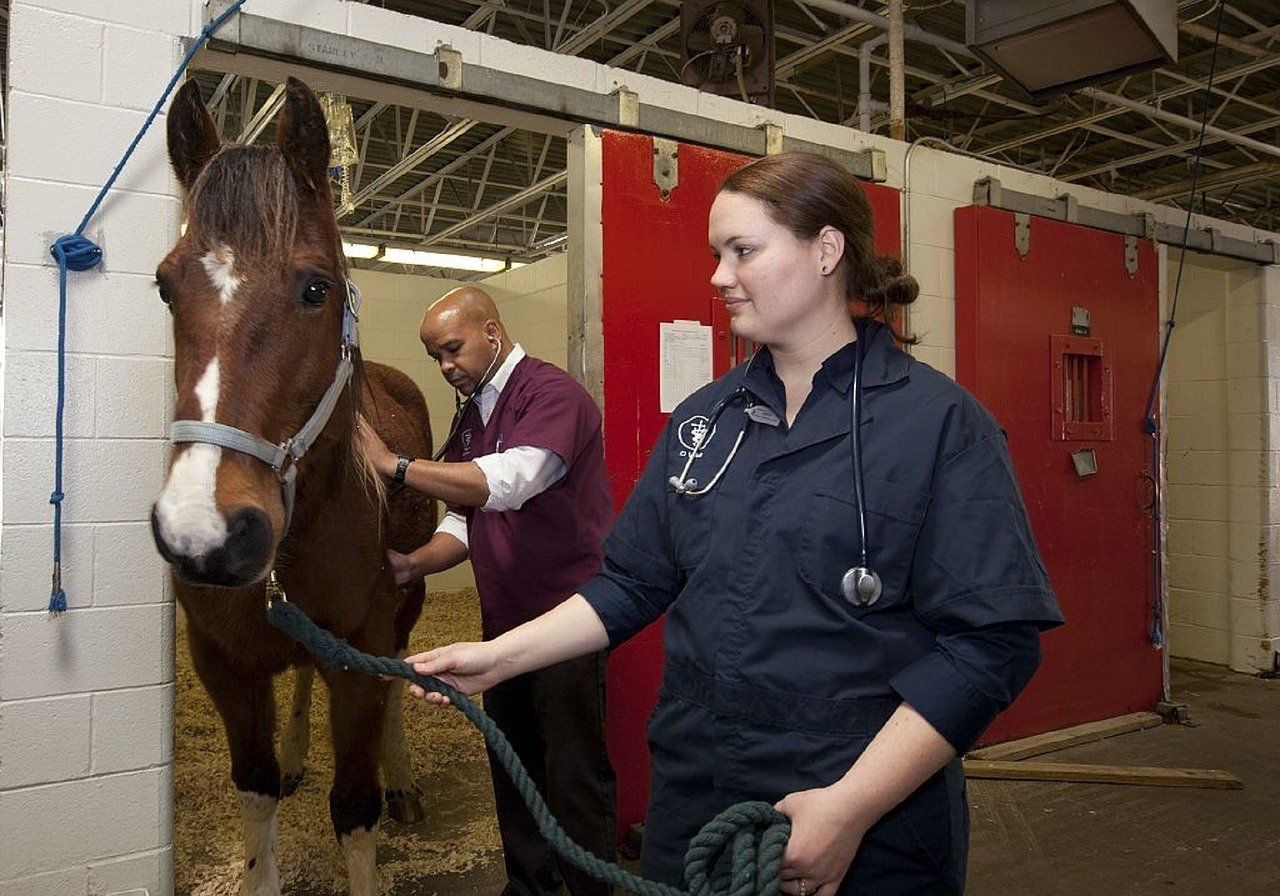
Drugs & Medical Corruption (as usual)
There are numerous examples of trainers and veterinarians using illegal performance enhancing drugs on racehorses. The number who are caught are only a fraction of those involved in this illegal practice. The drugging of horses not only cheats the gambling public out of a fair race but harms and kills horses.
The recent cobalt drugging scandal in Australia implicated some of the biggest names in the industry. Cobalt works by boosting the horse's red blood cells to improve their endurance. To my personal knowledge cobalt was tested on numerous horses killing and injuring many of them.
None of this was reported in the press!
There are also many undetectable performance enhancing drugs currently being used in racing to give an illegal advantage. This cheating is endemic with some of the largest names in the industry being suspended from training but often later winning their cases on appeal.
If the industry really wanted to address this problem an obvious first step is to introduce more proactive retrospective testing for performance enhancing substances. This would begin to address the problem but the industry moves suspiciously slowly.
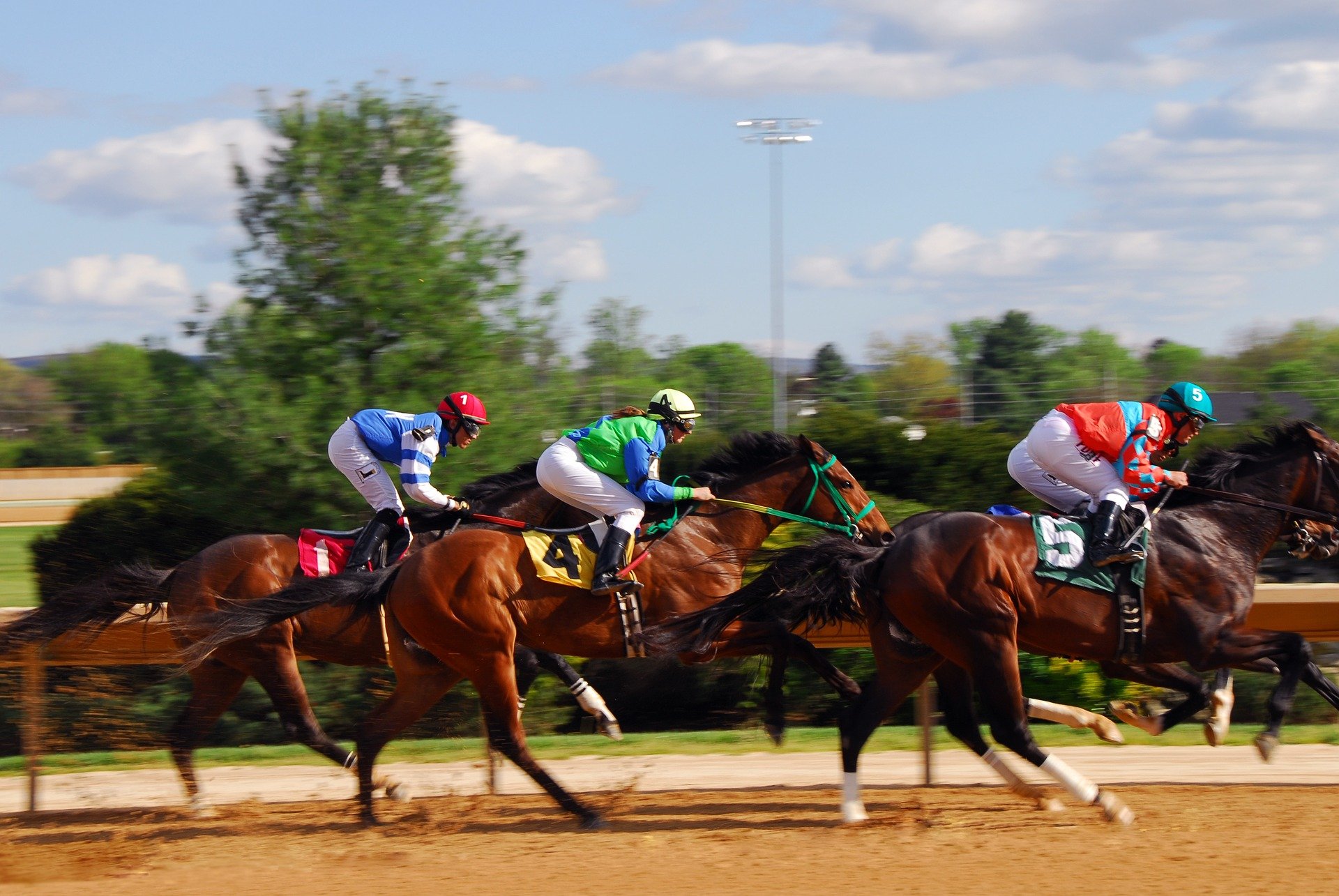
Conflicts Of Interest
Many racing industry bigwigs own horses and use certain trainers. This inherently breeds conflicts of interests. Recently Victoria's Racing Integrity Commissioner found former Racing Victoria chairman David Moodie acted inappropriately by disclosing information about cobalt investigations to his personal trainer Peter Moody. It is not surprising that Moodie used Moody to train many of his horses. David Moodie has now resigned from his post as chairman.
No further action was taken!
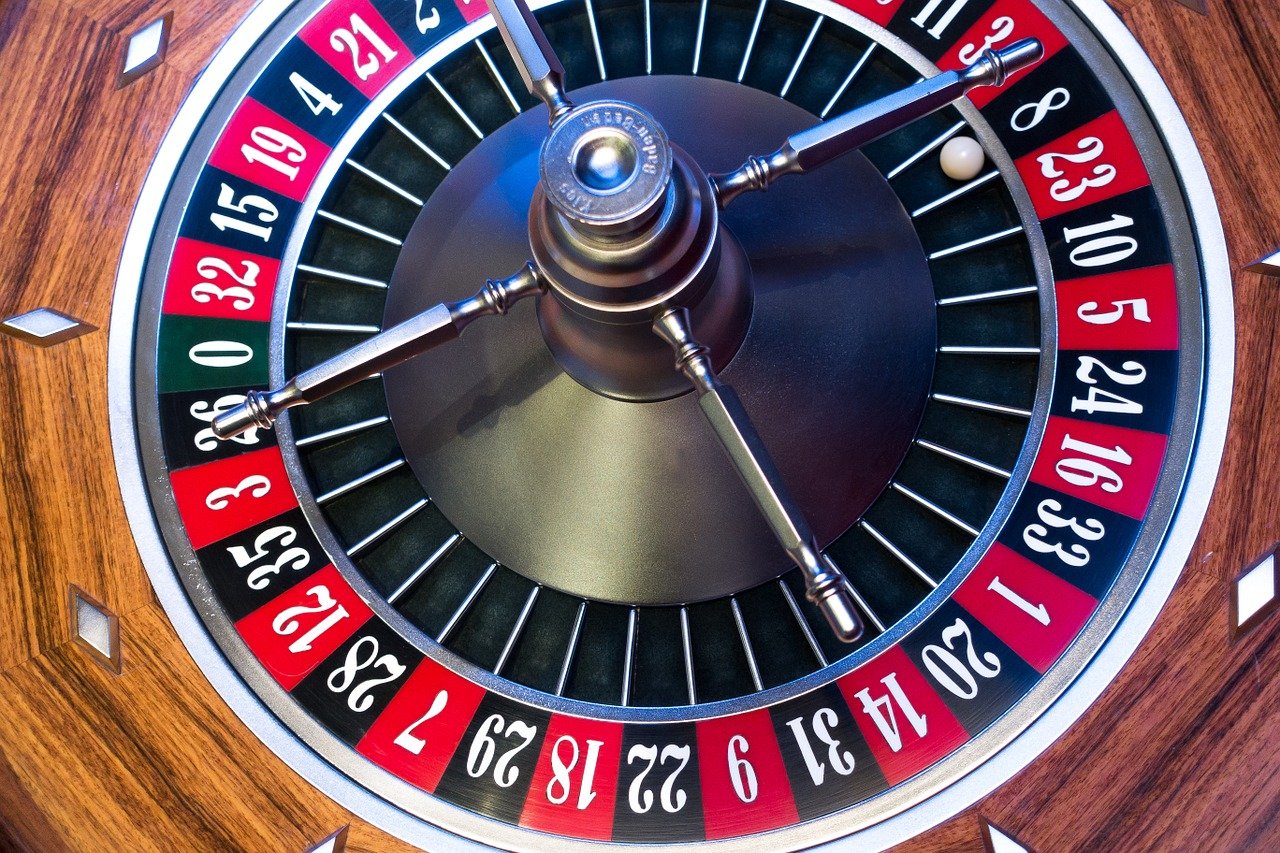
Gambling - who wins & who loses?
Gambling addiction is a huge problem in Australia destroying many families, it is also a massive revenue generator. In 2016 The Economist published a report showing that Australians lost more per person through gambling than any other country - an average of AUD $1,292 per citizen. Representing a yearly revenue of almost AUD $20 Billion - gambling is the driving force behind the racing industry!
Two practices within Australia's gambling industry raise serious concerns:
- In play betting - the ability to place live bets during the few minutes a race is run
- Lay betting - the ability to place bets on a horse to loose
Although it is obvious to everyone how these two processes inherently breed corruption - the political connections of the people who profit ensure these nefarious practices are allowed to continue!
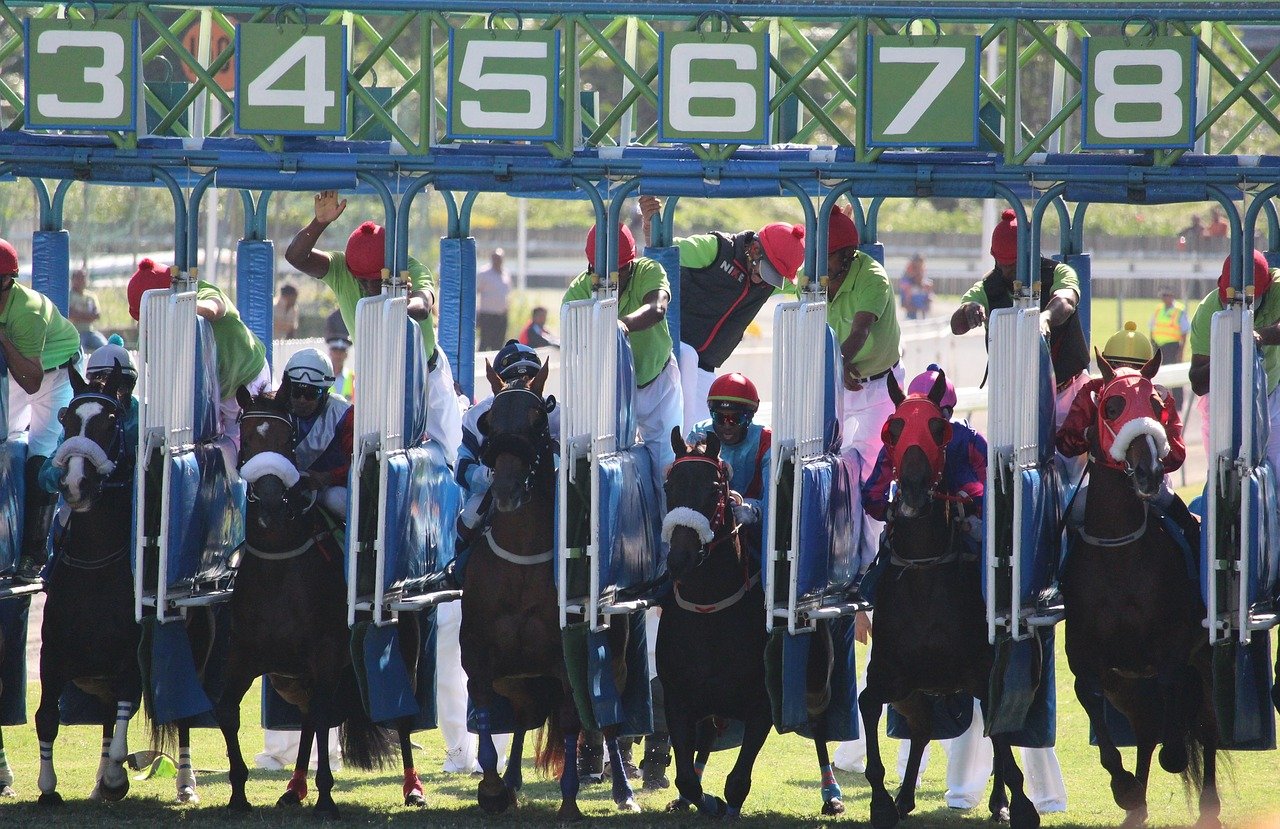
Animal Cruelty
I have left this topic for last - it is by far the most disturbing of all the issues connected with horse racing. Behind the glittering lights and glamour associated with champion race are thousands of unknown racehorses who die or are mistreated each year.
Some of the issues concerning the welfare of these nobel animals are:
- 1000s of racehorses are slaughtered each year : 13,000 horses exit the industry annually with many going to knackeries through auctions
- 100s of horses die on the racetrack each year from injury or drug related problems : an average of one horse dies on Australian racetracks every 2.8 days
- Horses are raced before they are fully mature : 2 year old racing is big in Australia but it is dangerous for young horses because their bodies are not fully mature and can struggle to cope with the extreme strain of competitive racing
- Many horses don't receive adequate care during their lives
I have personally exited the racing industry and I don't think I will ever race again. The corruption at every level distressed me but knowing the truth about how racehorses are often treated sickened me.
During my time in the industry I moved my horses away from the trainers and insisted upon looking after them myself. It was the only way I could ensure they were being treated well. Given that I had personally birthed many of these horses I felt responsible for their welfare. I loved them.
What I came to understand is that the accommodation, feed and medical treatment of many racehorses is unacceptable. They are magnificent and deserve better. Many trainers view horses as cattle to be farmed which is optimised by the Australian phrase "livestock is deadstock". In many instances owners are charged for training but only receive cheap sub-standard care for their horses.
In my experience Equestrian horses are treated much better than racehorses. Equestrians work closely with their horses and develop a strong love and respect for them. Racehorses are often treated as a commodity.

What Can We Do To Change This?
The racing industry is such a large revenue generator that stakeholders are reluctant to rock the boat. If confidence in the integrity of racing is shaken millions in revenues will be lost. There is clearly an incentive for the industry to close ranks and be discreet about corruption and cruelty. Meaningful attempts to clean up the industry are approached with great caution. There are so many skeletons in the closet that they could fall out and damage many big players.
So what can we do?
- As I have done - stakeholders in the industry can educate themselves on the corruption and cruelty then exit!
- We can stop gambling on horse racing - it is often rigged and the public has little chance of knowing the truth
- As a society we can demand greater police involvement and infringement penalties to combat corruption and cruelty
- We can demand greater transparency from our racing bodies
- Whistleblowers can expose the treatment of the horses encouraging better industry practices
- The government can insist that the media publicises accurate statistics on the fate of racehorses
I love my horses dearly and I will no longer engage with the industry. I am sure that this post will drive lively discussion and I encourage that. I would love to read your comments and hear from any others engaged in the industry.
Jockey loves horses & all of you!
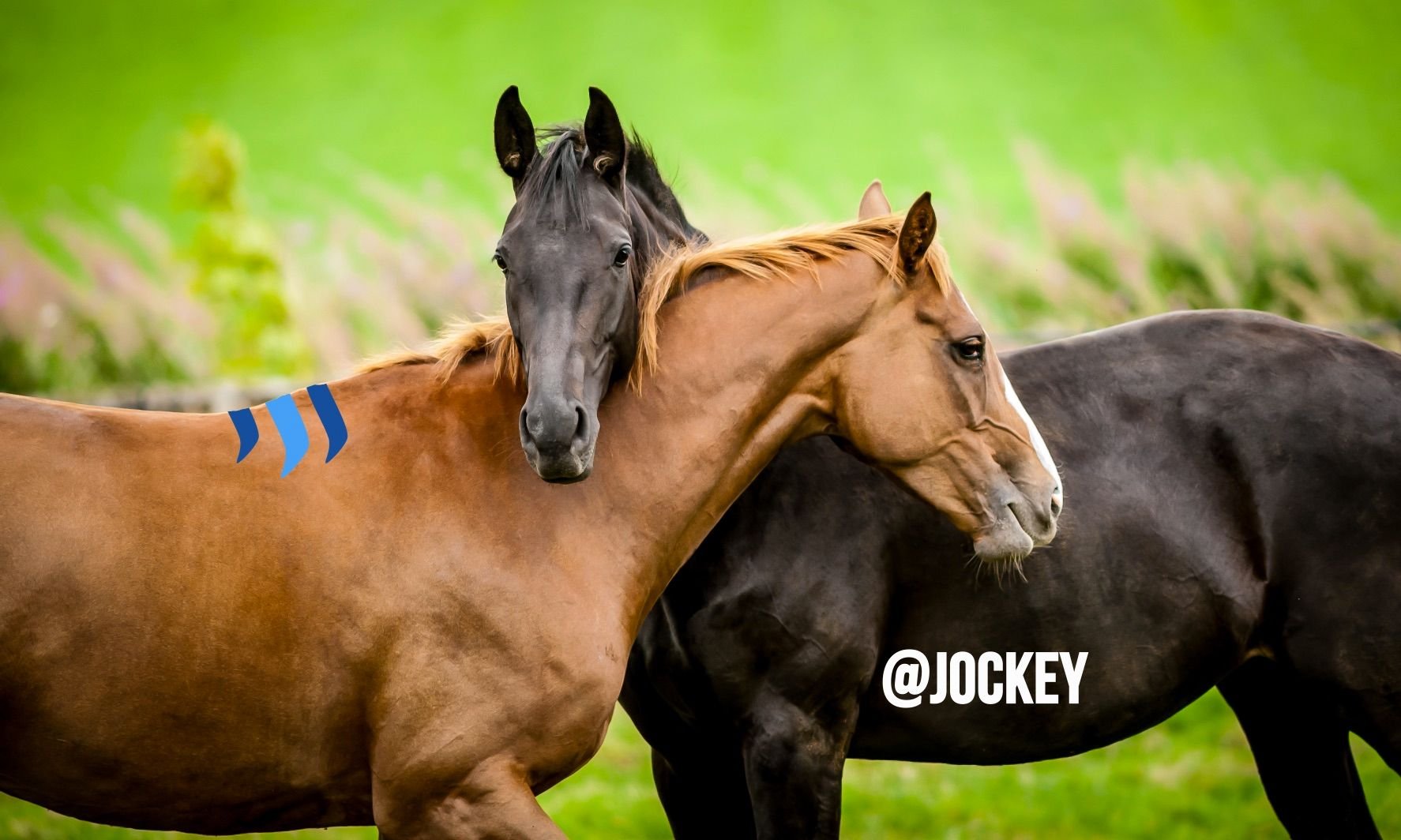
All Photos Courtesy Of Pixabay
